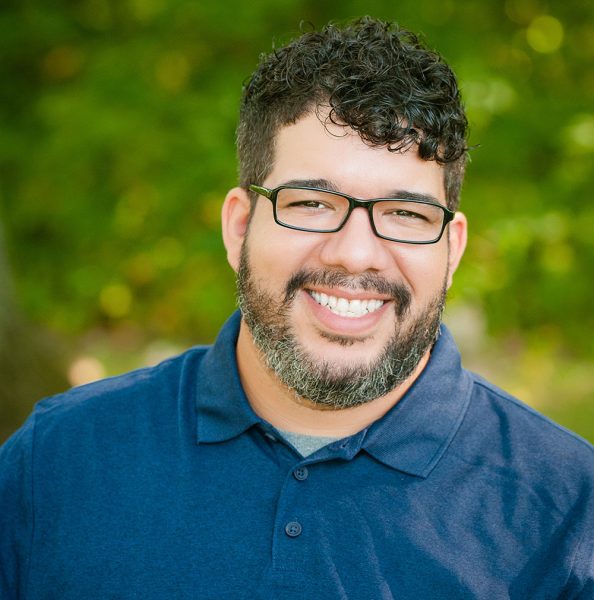 Jason Benell (’09 sociology), Des Moines, was a first-generation college student when he chose to attend Iowa State University. As an undergraduate, he was active in Sociology Club, Fencing Club, and the Atheist and Agnostic Society. In the following Q&A, find out how Benell has applied his sociology degree since graduation from Iowa State.
Jason Benell (’09 sociology), Des Moines, was a first-generation college student when he chose to attend Iowa State University. As an undergraduate, he was active in Sociology Club, Fencing Club, and the Atheist and Agnostic Society. In the following Q&A, find out how Benell has applied his sociology degree since graduation from Iowa State.
Why did you choose to major in sociology, and how did this major prepare you for your career path and community engagement?
I found the ability to interpret data to be extremely important when I took an introductory course in sociology. I enjoyed learning about new cultures and how people interacted with each other, especially as they related to religion, politics, economics, and history.
What did you enjoy most about sociology?
I enjoyed learning about trends and how one cultural phenomenon can be expanded to create an entirely new phenomenon. I like being able to trace it back to better understand it. My sociology degree equipped me to handle any kind of data analysis and better sort through information in an objective way.
Where has your career path led you?
I worked at Best Buy to put myself through college, alongside the G.I. Bill. I stayed at Best Buy while I looked for long-term employment after graduation. I found a role at an insurance company and have been in the insurance industry since, going from sales, to leadership, to processing.
How do you apply your sociology degree in your daily work?
I use my sociology degree every day when I interact with clients or coworkers as well as my family and other social connections. Being able to understand social data and how we interact with that data better prepares me for new challenges in all forms, especially in my volunteer roles representing underserved communities.
You ran for Des Moines City Council last month. Did your sociology degree affect how you approached your campaign?
Absolutely. The ability to interpret and process data and understand how information can mean different things to different people was crucial in my decision to run for office. Knowing these things really helps identify how programs and projects impact different people, especially when looking at the broader historical and social contexts of how these things came about and what we can do to change them. I find myself swayed less by sensational and pop culture arguments and more by data and the intersectional relationships between groups of people and how they relate to the things being communicated. I found this to be extremely empowering and I think it makes me and those around me more capable of success in community building.
Was there a particular Department of Sociology and Criminal Justice faculty member who supported or inspired you? Who was it, and what made them stand out?
I would say Dr. [David] Schweingruber. He facilitated a lot of good discussion, taught different points of view, and emphasized the importance of balanced conversations while steering toward learning. I still remember some of those discussions to this day, and I am better for it.
What advice do you have for current or future Iowa State sociology majors?
There are few jobs where someone has the title of “sociologist,” but the things I learned in the degree are applicable to almost every facet of what you’ll experience after ISU. It’s one of the most well-rounded things I learned and I’m glad that I chose sociology as my major at ISU.
